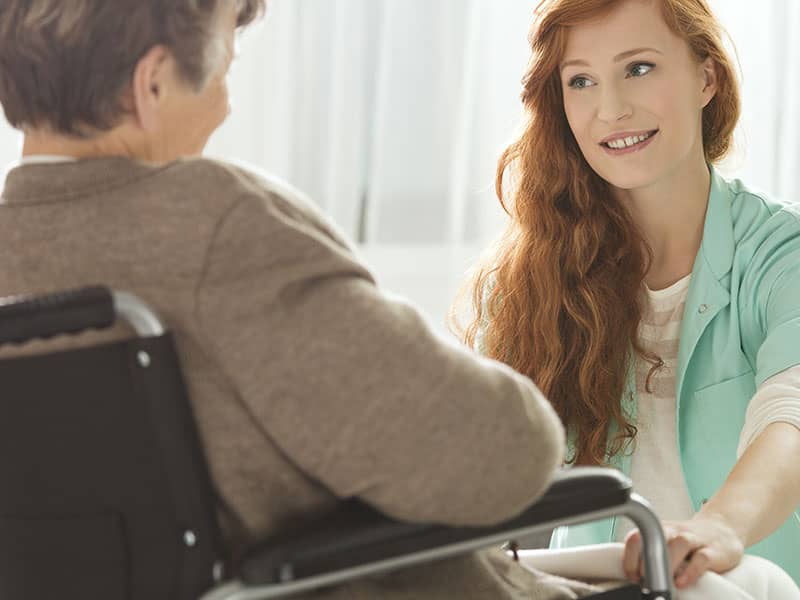
Helping someone who is sick can be emotionally and physically taxing.
Depending on the care needed, it can feel like there’s no hope in sight, but this is not about you as much as it is be a rock. With that in mind there also needs to be balance or you will burn out. How can we navigate this time to be a shoulder of support for others and remain strong ourselves?
Like with other challenges in life, there is no magic trick to make it come together. Hopefully the following tips will help. People really are ignorant when it comes to the topic of illness.
They remain silent, make insensitive remarks. This serious disconnect cause people to act awkward towards you and your loved one. Making sure that put a filter on the things said, needs to be acknowledged as well. It is very easy to say “It’s not bad,” or that “There is a bigger plan.”
First you need to listen and if they need someone to be there assure them you are there.
The Mayo Clinic reported the person is still the same. People want to be affirmed, and do not want to continually talk about being sick.
“Let your loved one know that you're willing to listen to his or her concerns — and never underestimate the value of your presence. Even if it feels as if you're not doing anything, your presence sends an important message.
Don't, however, try to be a counselor.” On that note, suggest they see a therapist and that you will support them by being there. We can’t know everything, so we can be truthful that we can’t offer medically advice. Another good thing about counseling can be, if they’re well enough, is to learn different coping strategies if depressed. Seeking a doctor on pain management would also be beneficial.
Finding a health team can help both of you if there are questions. Chronic illnesses like strokes, heart attacks, cancer, and diabetes can lead to depression. Better to be aware of this. Offer to clean the house, run errands, and take them for a countryside ride. Plan something they can look forwards to like having a movie night, or redecorating the room. Let them know you respect their privacy as well, and will respect personal boundaries, if it becomes too much. Also know your limits and trust your instincts. Develop a care plan that involves friends and family to prevent burn out!
Divide tasks like laundry, doctor visits, food prep, and doing other things like playing games. Enlist community organizations and neighbors AARP suggested even if you don’t want to ask for help, ask. No excuses for those who live far away the organization reported.
“Even if a sibling lives far away, he or she can help with jobs such as paying bills, researching local agencies or initiating regular phone visits. People with small kids at home can cook meals occasionally or bring the children along for visits.
” Build on the strengths of this time. Work to mend disagreements and apologize even if you feel it is not your fault. Forgiving will help them and you emotionally, spiritually, and physically.Take it from John Hopkins Medicine.
In an interview with Karen Lee Swartz, M.D, studies showed the importance of this action.
“There are many studies now that are demonstrating that—that you’ll have lower blood pressure and better blood flow. I think it would be better if people could view forgiveness as something they’re doing for themselves. Again, it’s not absolution. I think they get hung up on, if I forgive you it gets forgotten, or you’re not in trouble, or something else. Forgiveness is something different, which is to say, I am not going to have these negative emotions consume me."

